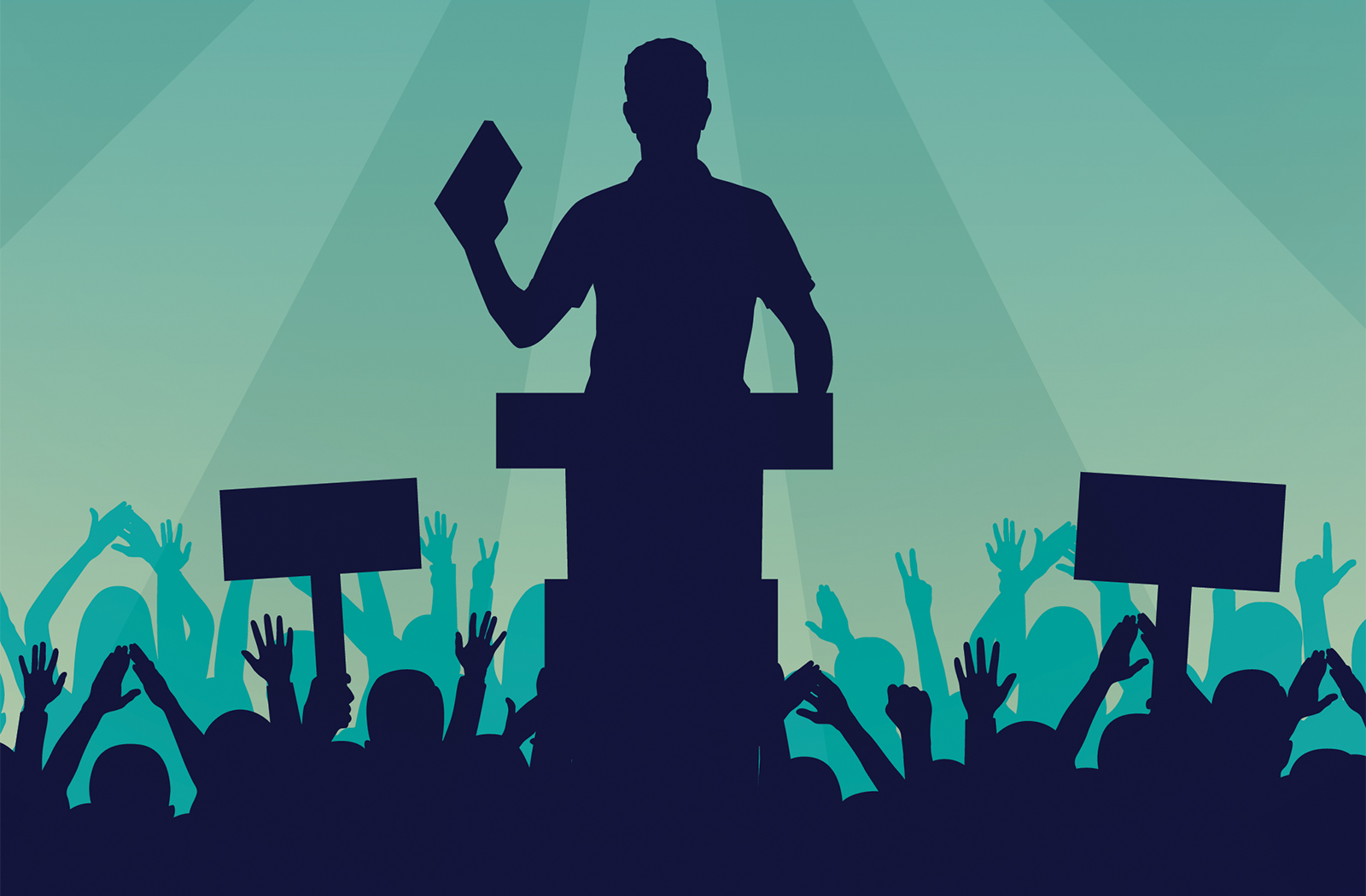The Biggest Political Challenge Facing the United States Today: Partisanship 🤝🤨💰
The United States has long been plagued by political polarization, but in recent years, this problem has reached new heights. The biggest political issue facing the country right now is partisanship, the deep and growing divide between the two major political parties and their supporters. This issue affects everything from policy-making to election integrity and has the potential to erode the foundations of democracy. In this blog post, we will explore the causes and consequences of partisanship in the US, and suggest ways to address this critical issue.
Causes of Partisanship
Partisanship in the United States has been building for decades, but several recent events have accelerated this trend. One of the most significant drivers of partisanship is the rise of social media, which has facilitated the spread of partisan content and allowed people to form echo chambers where they only hear opinions that reinforce their own beliefs. In addition, the increasing diversity of the US population has made it more difficult for people to find common ground, as different groups have different perspectives and priorities.
Another factor contributing to partisanship is the increasing influence of money in politics. Political parties and candidates now rely heavily on donations from wealthy individuals and corporations, which often come with strings attached. This makes it harder for politicians to work across party lines and find compromise solutions that are in the best interest of the country as a whole.
Consequences of Partisanship
Partisanship has many negative consequences for the United States. One of the most significant is that it makes it harder for politicians to pass legislation that addresses the country's most pressing problems. Instead of working together to find common ground, politicians are more likely to obstruct their opponents' proposals and push for their own partisan agendas. This leads to gridlock and a lack of progress on critical issues like healthcare, climate change, and infrastructure.
Partisanship also undermines the credibility of the political system and erodes trust in government institutions. When people see politicians putting party loyalty above the public good, they become disillusioned and less likely to participate in the political process. This can lead to apathy and disengagement, which can be dangerous for democracy.
Solutions to Partisanship
Addressing partisanship in the United States will require a concerted effort from politicians, media outlets, and everyday citizens. One key strategy is to promote media literacy and critical thinking skills, so people can distinguish between accurate and biased information. This can help reduce the influence of echo chambers and encourage people to engage with diverse perspectives.
Another important strategy is to reduce the influence of money in politics. This could include measures like public financing of elections, increased transparency in campaign finance, and stricter limits on political donations. By reducing the influence of big donors, politicians can be more responsive to the needs of ordinary citizens and work across party lines to find solutions.
Finally, politicians must take responsibility for reducing partisanship by reaching across the aisle and finding common ground. This may require compromise and a willingness to prioritize the public good over partisan interests. By working together, politicians can demonstrate that they are capable of addressing the country's most pressing problems and restore public trust in government.
Conclusion
Partisanship is the biggest political issue facing the United States today, and it threatens to undermine the foundations of democracy. By promoting media literacy, reducing the influence of money in politics, and encouraging politicians to find common ground, we can begin to address this critical issue. It will take a concerted effort from all sectors of society, but the future of democracy in the United States depends on our ability to overcome partisanship and work together for the common good.

Comments
Post a Comment